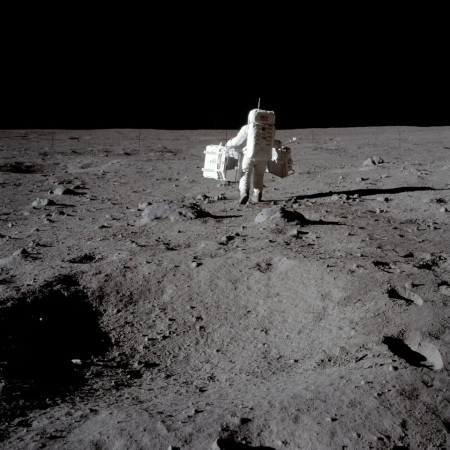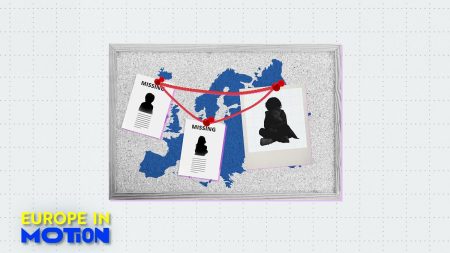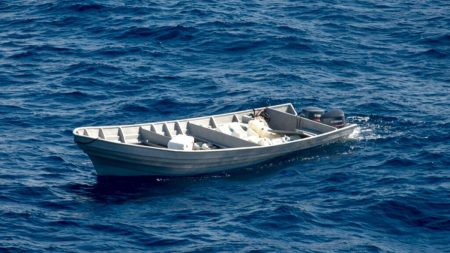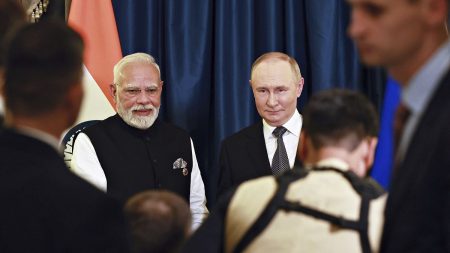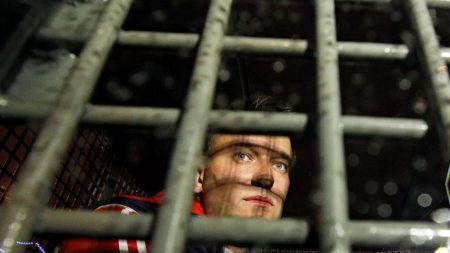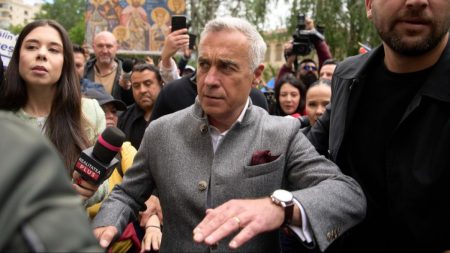Summarize this content to 2000 words in 6 paragraphs in Arabic
The opinions expressed in this article are those of the author and do not represent in any way the editorial position of Euronews.
Whatever happens, the European far right can be expected to advocate a foreign policy less committed to liberal democratic values and more inclined to pursue transactional policies toward the rest of the world, Marlene Laruelle writes.
ADVERTISEMENTThe far right is projected to gain new visibility in the next European Parliament, with surveys predicting such parties to win around 144 seats out of 720.Domestically, this will make the European Parliament a springboard for Euroscepticism, weakening the bloc’s liberal-democratic framework. But what might be the foreign policy of an EU tilted more toward the far right?Foreign policy is generally secondary for far-right parties, whose bread and butter are issues related to national identity and domestic polarisation. Their foreign policy choices are contextual and adaptable, and the opportunistic need to form a majority takes precedence over divergent opinions. Far-right parties may, therefore, partner on issues such as moral conservatism and criticism of the European Union while diverging on foreign policy. From Vox to Viktor, and everyone in betweenTo wit, the PiS in Poland and Viktor Orbán in Hungary have taken opposing stances on the war in Ukraine — with the PiS staunchly behind Ukraine and Orbán backing Russia — while cooperating in all other domains, especially when it comes to challenging the EU’s rule of law structures. And indeed, the most obvious foreign policy divide on the European far right relates to Russia. Some parties hold strong pro-Russian positions, chief among them the AfD in Germany (which relies on an important Russian-speaking German minority), the FPÖ in Austria, and Matteo Salvini’s Lega in Italy. Before Russia’s full-scale invasion of Ukraine, the French National Rally of Marine Le Pen could be included on that list, but she has since scaled down her Russophilia to take a more neutral stance on the war. Another segment of the European far right positions itself as pro-US and pro-NATO, and has therefore rallied behind Ukraine: Brothers of Italy, Vox in Spain, and the PiS in Poland.Two countries have paradoxical combinations of far-right forces. The first, Italy, is the only European country with both a virulently pro-Putin far-right leader (Salvini) and a pro-Ukraine one (Meloni). Hungary is a second paradoxical case: Viktor Orbán has espoused infamously pro-Russian positions on the international scene but has also fostered around himself an intellectual milieu of think tanks entirely inspired by and oriented toward the US far right. Orbán himself is cultivating links with American conservative elites and enjoys the admiration he inspires among them.When it comes to support for Ukraine’s war effort and its bid to accede to the EU, one can, therefore, expect that far-right gains will result in more sceptical voices being heard in the European Parliament. Criticisms will be expressed more through isolationist arguments about the cost of Ukraine’s war, reconstruction, and accession to full membership than through open support for Russia, which is less acceptable than it was a few years ago.Green Deal and China as opportunities for populismThere are other foreign policy issues on which the European far right is much more united. One is the Green Deal: all far-right parties share a strategy of climate change delayism, considering the Green Deal too costly and bureaucratic. In some cases, such as Germany’s AfD, the far right has made the Greens its main domestic enemy, turning anti-ecology populism into the dominant frame for criticising an “establishment” seen as disconnected from ordinary citizens. On the Israel-Gaza conflict, the majority of the European far right has been vocally pro-Israeli. Far-right leaders praise Netanyahu as one of their own and see Israel as an ethnic democracy fighting for its survival against Islamist terrorism — a narrative that resonates well with their vision of Europe fighting invasion from the South. This is not, of course, to suggest that antisemitism has disappeared from the European far-right landscape entirely, but it has certainly been toned down as a feature of public communication to the point that Marine Le Pen presented herself as among the best defenders of French Jews during pro-Palestinian protests in France, in radical contrast to her father’s strident antisemitism.ADVERTISEMENTLast but not least, a more far-right EU will obviously take a harder line on migration. Italian Prime Minister Giorgia Meloni, leader of the Brothers of Italy party, conducted a relatively visible Italy-Africa summit in January that was attended by over two dozen African leaders and European Union officials, including European Commission President Ursula von der Leyen. Meloni advocates for a big EU plan to support Africa’s economic development in exchange for African countries retaining their migrants and agreeing to take back failed asylum seekers — a strategy that enjoys the support of its European far-right counterparts but has very limited chances of success.On China, the European far right appears more divided. Central European countries are the most interested in China, with Orbán’s Hungary (as well as Vučić’s Serbia and, more recently, Slovakia) becoming known as gateways for Chinese interests in Europe. For their part, the AfD and the FPÖ have been plagued by corruption scandals related to Chinese (and Russian) money. In Italy, Meloni had to play her cards carefully but ultimately chose to withdraw her country from the Belt and Road agreement in view of US presidential hopeful Donald Trump’s strong anti-Chinese stance. Trump’s position is likewise a consideration for the strong anti-China faction of the UK’s far-right-leaning Conservative Party.ADVERTISEMENTThings might become transactionalThe ability of the far right to influence EU foreign policy will depend on two key factors. TThe first is its scope to form coalitions: the two main far-right parliamentary groups, European Conservatives and Reformists (ECR) and Identity and Democracy (ID), will have difficulties partnering, especially as ECR leaders such as Meloni are openly courted by the mainstream right embodied by Ursula van der Leyen and the European Populist Party (EPP). It is on Meloni, therefore, that the far right’s prospects largely hinge: will she choose to mainstream the far right through an alliance with the Christian Democrats or risk undermining the ongoing “normalisation” process by seeking to pull together a large front of radical groups?Second, should Trump win a second term in November’s US presidential elections, the European far right, especially its pro-US segment, will likely adjust its foreign policy accordingly. But whatever happens, the European far right can be expected to advocate a foreign policy less committed to liberal democratic values and more inclined to pursue transactional policies toward the rest of the world.ADVERTISEMENTMarlene Laruelle is Research Professor of International Affairs and Political Science at the George Washington University and Director of GW’s Illiberalism Studies Program. Laruelle is currently a Fellow at the Institute for Human Sciences, Vienna.At Euronews, we believe all views matter. Contact us at [email protected] to send pitches or submissions and be part of the conversation.







